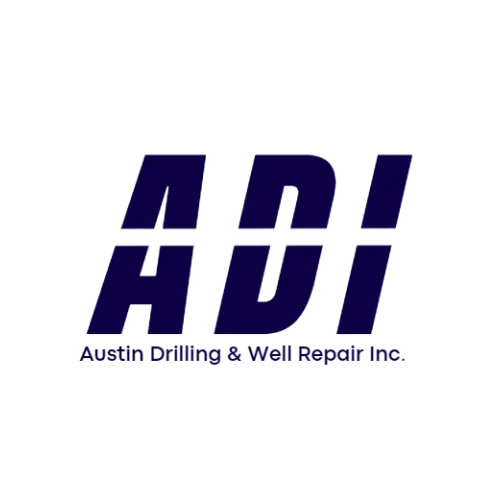With its stunning coastlines, lively urban centers, and warm, welcoming atmosphere, this place is renowned. But did you know that this state also has strict regulations when it comes to well drilling? If you’re planning on drilling a well in South Carolina, it’s important to be aware of the permits and regulations involved.
Well Drilling Permits
Prior to commencing well drilling in South Carolina, it is necessary to acquire a permit from the Department of Health and Environmental Control (DHEC) of the state. The DHEC is responsible for regulating all types of wells in the state, including domestic, commercial, and irrigation wells.
To obtain a well drilling permit, you must submit an application to the DHEC along with a detailed drilling plan. The plan should include information on the location of the well, depth and diameter of the well, proposed use of the well water, and any potential environmental impacts. The DHEC will review the application and plan to ensure that it meets all state regulations.
Once your permit is approved, you must also adhere to specific guidelines during the drilling process. This includes using licensed well drillers and following state laws and codes for well construction, materials, and testing. Failure to follow these guidelines can result in fines or even revocation of your permit.
It’s important to note that drilling a well without a permit is illegal in South Carolina and can result in serious consequences. Not only does it put you at risk for fines and penalties, but it also puts the quality of your well water at risk.
Well Construction Regulations
In addition to obtaining a permit, there are regulations in place for the construction of wells in South Carolina. These regulations are designed to protect the environment and ensure the safety of your well water.
The DHEC has specific guidelines for the materials used in well construction, including casing, screens, and seals. The type and quality of these materials can greatly impact the functionality and longevity of your well. It’s important to work closely with your well driller to ensure that all materials meet state regulations.
Furthermore, there are regulations for the placement and depth of wells in relation to potential contamination sources such as septic systems and underground storage tanks. This helps prevent contamination of your well water by potential pollutants.
Testing Your Well Water
Once your well is constructed, it’s important to regularly test your well water to ensure its quality. The DHEC recommends testing for bacteria , nitrates, and other contaminants at least once a year.
In addition, if you notice any changes in the color, taste, or smell of your water, it’s important to get it tested right away. This could indicate a potential issue with your well or contamination of your water supply.
The Importance of Permits and Regulations
Obtaining a permit and adhering to well construction regulations is not just a legal requirement, it’s also crucial for the health and safety of your household. Wells that are not constructed properly or located near potential contamination sources can lead to serious consequences such as illness and costly water treatment.
In addition, failure to obtain a permit or follow regulations can result in fines and penalties from the DHEC. It’s important to familiarize yourself with the specific regulations in your state and work closely with a licensed well driller to ensure compliance.
Obtaining a permit and following regulations for well drilling in South Carolina is essential for the safety and functionality of your well. By working closely with a licensed well driller and regularly testing your water, you can ensure that your well water is clean and safe for your household.
Don’t take any shortcuts when it comes to well construction, as it can have serious consequences on your health and the environment. By following the proper procedures, you can enjoy a reliable source of clean water for years to come.
For more information about well drilling permits and regulations in South Carolina, feel free to contact us at Austin Drilling & Well Repair!


